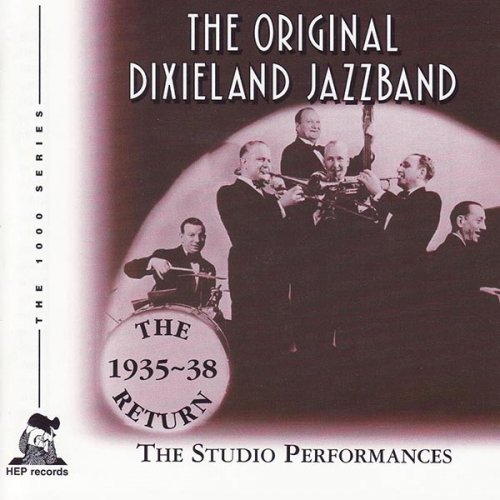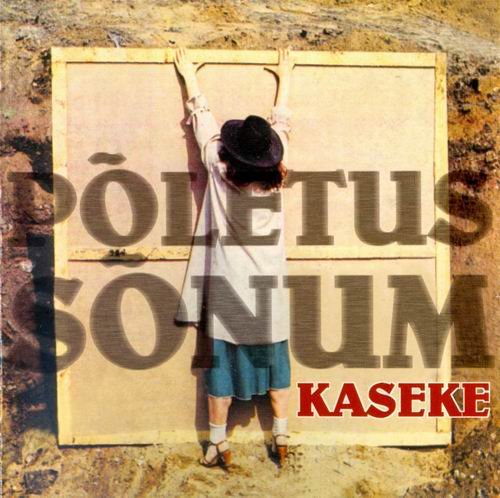Marco Mantovani - Schumann: Hommage à E.T.A. Hoffmann (2023)
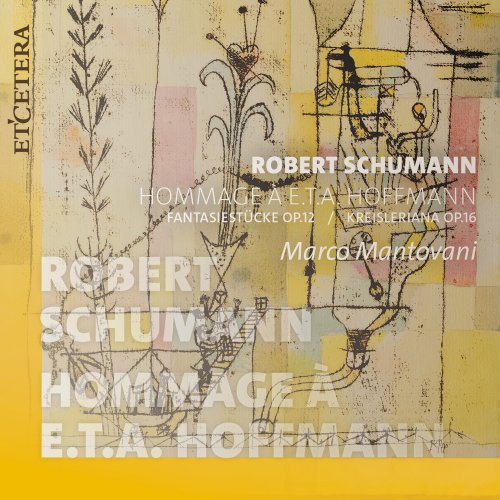
Artist: Marco Mantovani
Title: Schumann: Hommage à E.T.A. Hoffmann
Year Of Release: 2023
Label: Etcetera
Genre: Classical Piano
Quality: flac lossless (tracks)
Total Time: 01:02:50
Total Size: 227 mb
WebSite: Album Preview
TracklistTitle: Schumann: Hommage à E.T.A. Hoffmann
Year Of Release: 2023
Label: Etcetera
Genre: Classical Piano
Quality: flac lossless (tracks)
Total Time: 01:02:50
Total Size: 227 mb
WebSite: Album Preview
01. Fantasiestücke Op. 12: Des Abends (Sehr Innig Zu Spielen)
02. Fantasiestücke Op. 12: Aufschwung (Sehr Rasch)
03. Fantasiestücke Op. 12: Warum (Langsam Und Zart)
04. Fantasiestücke Op. 12: Grillen (Mit Humor)
05. Fantasiestücke Op. 12: In Der Nacht (Mit Leidenschaft-Etwas Langsamer-Tempo I)
06. Fantasiestücke Op. 12: Fabel (Langsam-Schnell)
07. Fantasiestücke Op. 12: Traumes Wirren (Äußerst Lebhaft)
08. Fantasiestücke Op. 12: Ende Vom Lied (Mit Gutem Humor-Etwas Lebhafter-Tempo I-Coda)
09. Kreisleriana Op. 16, First Edition: I. Äußerst Bewegt
10. Kreisleriana Op. 16, First Edition: II. Sehr Innig Und Nicht Zu Rasch – Intermezzo 1. Sehr lebhaft – Intermezzo 2. ....
11. Kreisleriana Op. 16, First Edition: III. Sehr Aufgeregt-Etwas Langsamer-Erstes Tempo-Noch Schneller
12. Kreisleriana Op. 16, First Edition: IV. Sehr Langsam-Bewegter-Erstes Tempo-Adagio
13. Kreisleriana Op. 16, First Edition: V. Sehr Lebhaft
14. Kreisleriana Op. 16, First Edition: VI. Sehr Langsam-Etwas bewegter-Erstes Tempo-Adagio
15. Kreisleriana Op. 16, First Edition: VII. Sehr Rasch-Noch schneller-Etwas langsamer
16. Kreisleriana Op. 16, First Edition: VIII. Snell Und Spielend-Mit aller Kraft
HOMMAGE à E.T.A. HOFFMANN “One scarcely dares to breathe when one reads Hoffmann.” This entry in Robert Schumann’s personal diary is emblematic of the profound impression caused by the stories of E.T.A. Hoffmann. Schumann, son of a librarian in Zwickau, was a voracious reader since his childhood and he would naturally resonate with an author so close in interests and sensitivity. Some years before the composition of Fantasiestücke and Kreisleriana, he writes again: “In the evening read from that damned Hoffmann”, “Read Hoffmann, ceaselessly. New worlds”, “Read the one and only Datura Fastuosa by Hoffmann. Lord God! What a mind!” But who was E.T.A. Hoffmann? And why did he fascinate at this point the hypersensitive spirit of Schumann?
Ernst Theodor Amadeus Hoffmann was a German jurist, musician and draftsman who gained notoriety mainly in Germany as writer and novelist. Very controversial and despised, he was ironically nicknamed “Gespenster-Hoffmann” (Ghost-Hoffmann) because of his inclination for ghost stories; Goethe defined his works as “sick” and Walter Scott concluded that Hoffmann should have sought medical help. Hoffmann’s tales are indeed characterized by a peculiar combination of fairy-tale worlds and everyday scenes, supernatural and horror, mysterious and grotesque flavoured with the Romantic taste for irony, satire and parody. But it is exactly this bizarre mix between realism and fantasy that impressed Schumann so profoundly. The contrast between reality and imagination and their mixing evolves from the narrative device that employs couples of characters with opposite and complementary personalities. The doppelgänger, typical topos in German Romantic literature, is very often used by Jean Paul Richter (another author that Schumann venerated) and by Schumann himself through the split of his personality into the characters of Eusebius and Florestan. Along with the use of doubling present at times in his works (for example Eugenius and Sever in the previously mentioned Datura Fastuosa, or Kreisler and Ettlinger, the mad painter) this brilliant writer goes beyond overlapping reality and fantasy in such manner that the character itself (and the reader) is almost no longer able to distinguish between them. This is the case of the famous novel “Der goldene Topf” (The Golden Pot) published in the middle of the Fantasiestücke in Callots Manier (Fantasy pieces in Callot’s manner). Naturally, the title chosen by Schumann for his Fantasiestücke op.12 refers to the homonymous work by Hoffmann.
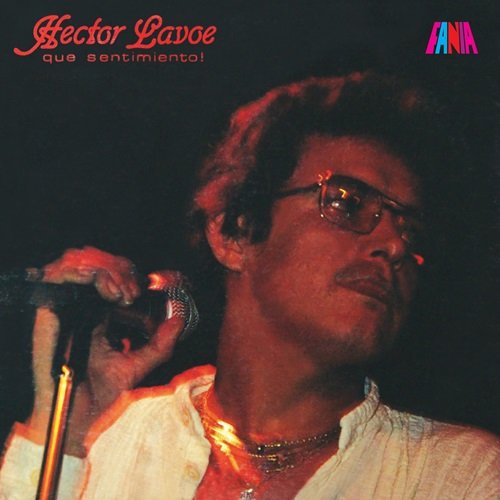
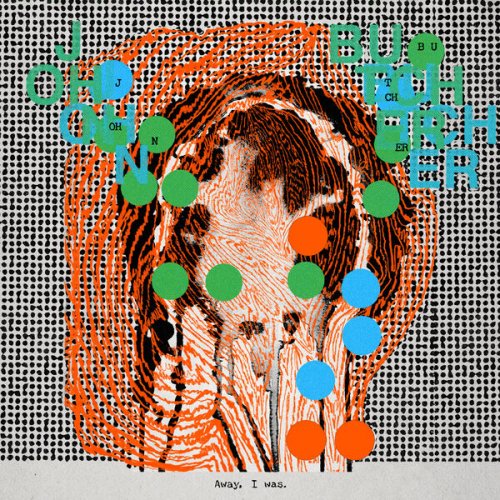
![JJ Whitefield & Forced Meditation - Birth Of Consciousness (2026) [Hi-Res] JJ Whitefield & Forced Meditation - Birth Of Consciousness (2026) [Hi-Res]](https://www.dibpic.com/uploads/posts/2026-01/1769020727_l9wocglubqqub_600.jpg)
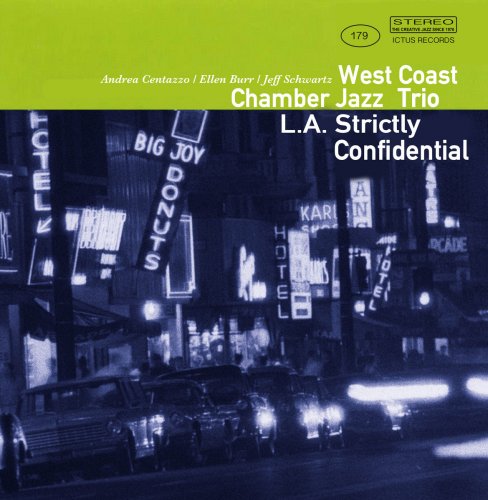
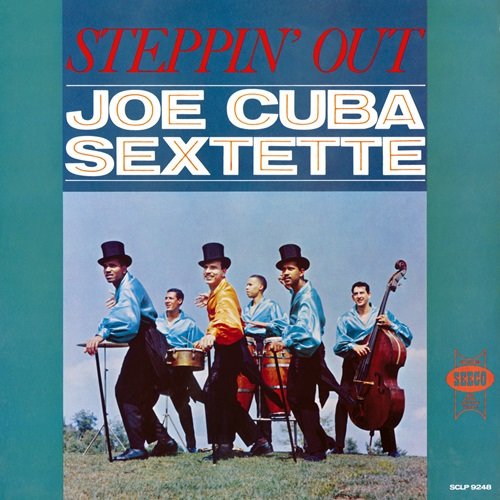
![Akram Abdulfattah - Taqasim Kaman (2026) [Hi-Res] Akram Abdulfattah - Taqasim Kaman (2026) [Hi-Res]](https://www.dibpic.com/uploads/posts/2026-01/1769093555_cover.jpg)
![Rachael & Vilray - West of Broadway (Deluxe Edition) (2026) [Hi-Res] Rachael & Vilray - West of Broadway (Deluxe Edition) (2026) [Hi-Res]](https://www.dibpic.com/uploads/posts/2026-01/1769104420_cover.jpg)
